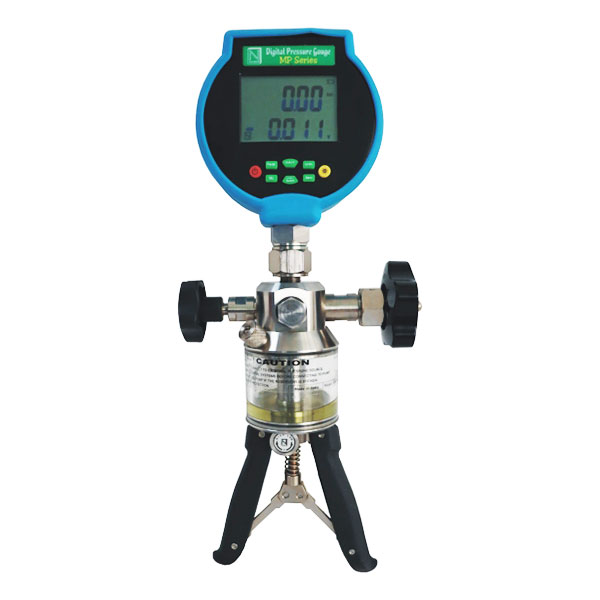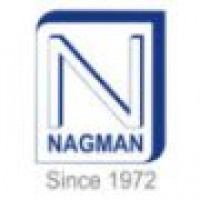Comprehensive Guide to Pressure Calibrators: Types, Applications, and Benefits

Strong 8k brings an ultra-HD IPTV experience to your living room and your pocket.
Introduction
Pressure calibrators are essential instruments used to verify and adjust the accuracy of pressure-measuring devices, ensuring precise readings in various industrial applications. These calibrators play a pivotal role in maintaining the integrity of pressure measurements, which are crucial for the safe and efficient operation of machinery and processes.
What is a Pressure Calibrator?
A pressure calibrator is a device designed to simulate and measure pressure, allowing technicians to compare and adjust the readings of pressure instruments such as gauges, transmitters, and sensors. By providing a known pressure reference, these calibrators enable the detection and correction of any discrepancies in the pressure readings of the instruments under test.
Types of Pressure Calibrators
1. Digital Pressure Calibrators
Digital pressure calibrators offer high accuracy and are equipped with digital displays for easy reading. They often come with features like data logging and communication capabilities, making them suitable for complex calibration tasks in industries such as aerospace and pharmaceuticals.
2. Portable Pressure Calibrators
Designed for on-site calibration, portable pressure calibrators are compact and lightweight, allowing technicians to perform calibrations directly at the location of the equipment. This portability reduces downtime and enhances efficiency in industries like manufacturing and utilities.
3. Marine Pressure Calibrators
Marine pressure calibrators are specialized instruments used aboard ships to ensure the accuracy of pressure-sensitive maritime equipment. These calibrators are built to withstand the harsh marine environment, providing reliable performance for critical systems on vessels.
4. Economy Pressure Calibrators
Economy pressure calibrators offer a cost-effective solution for routine calibration tasks. While they may not have all the advanced features of high-end models, they provide sufficient accuracy for general industrial applications, making them ideal for small to medium-sized operations.
Applications of Pressure Calibrators
Pressure calibrators are utilized across various industries to ensure the accuracy and reliability of pressure measurements. Some common applications include:
Manufacturing: Ensuring the proper functioning of pressure systems in production lines.
Oil and Gas: Maintaining accurate pressure readings in drilling and refining operations.
Utilities: Verifying pressure gauges in water and gas distribution networks.
Aerospace: Calibrating instruments to meet stringent safety and performance standards.
Pharmaceuticals: Ensuring precise pressure control in drug manufacturing processes.
Benefits of Using Pressure Calibrators
1. Enhanced Accuracy
By regularly calibrating pressure instruments, pressure calibrators help maintain the accuracy of measurements, ensuring that processes operate within specified parameters.
2. Improved Safety
Accurate pressure readings are crucial for the safe operation of equipment. Pressure calibrators help prevent overpressure situations that could lead to equipment failure or safety hazards.
3. Cost Savings
Regular calibration reduces the risk of equipment malfunction and downtime, leading to cost savings in maintenance and repairs.
4. Compliance with Standards
Many industries require adherence to specific standards and regulations. Using pressure calibrators ensures that pressure instruments meet these compliance requirements.
5. Extended Equipment Lifespan
By ensuring that pressure instruments operate within their designed specifications, pressure calibrators help extend the lifespan of the equipment.
Selecting the Right Pressure Calibrator
Choosing the appropriate pressure calibrator depends on several factors, including:
Accuracy Requirements: Determine the level of precision needed for your specific application.
Pressure Range: Ensure the calibrator covers the pressure range of your instruments.
Portability: Consider whether on-site calibration is necessary.
Environmental Conditions: Select a calibrator suitable for the operating environment.
Budget: Balance the features and capabilities with your financial considerations.
Conclusion
Pressure calibrators are indispensable tools in maintaining the accuracy and reliability of pressure measurements across various industries. By understanding the different types, applications, and benefits of pressure calibrators, organizations can make informed decisions to enhance operational efficiency, ensure safety, and comply with industry standards.
Note: IndiBlogHub features both user-submitted and editorial content. We do not verify third-party contributions. Read our Disclaimer and Privacy Policyfor details.


